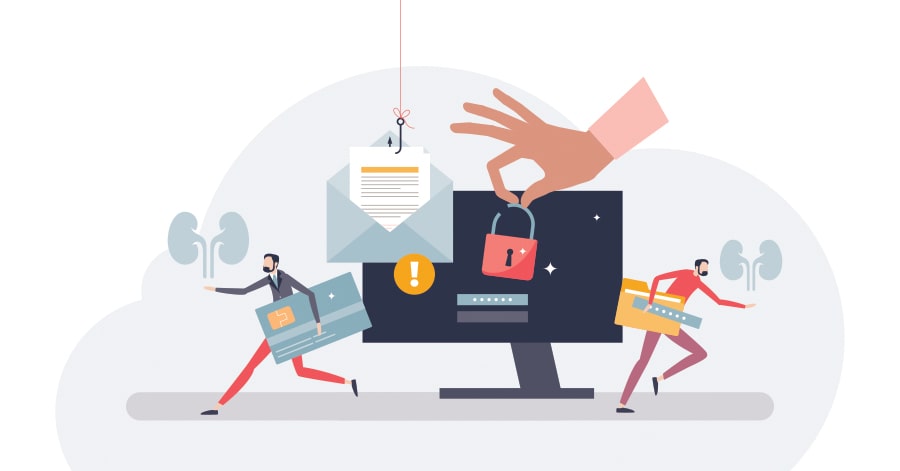
From the Field
In the rapidly evolving landscape of renal health care, an area that demands unwavering attention is that of effective collections practices. When collections waver, a facility’s financial health teeters. Yet, with regular training and a vigilant eye on detailed reports, nephrology practices and dialysis facilities can preempt potential downfalls, ensuring that their critical services continue without interruption.
For any health care facility, including dialysis centers and nephrology practices, maintaining financial stability is intrinsically tied to delivering exceptional patient care. Revenue slowdown or substantial financial losses can have cascading effects, from reduced ability to update equipment to difficulties in retaining staff. Effective collections ensure a consistent influx of revenue, allowing for uninterrupted, high-quality care.
As the landscape of insurance and reimbursement evolves, what worked even a year ago might now be obsolete. It’s not enough to be familiar with billing; administrators and billing staff significantly benefit from an in-depth understanding of current policies, regulatory changes, and compliance mandates. Training keeps staff updated, minimizing the risk of inefficient and outdated practices that can slow down or reduce reimbursements.
In addition to keeping current with changing policies and regulations, keeping a pulse on the AR is another imperative skill to provide consistent training on. Regular analysis of reports isn’t just a managerial duty. Good billing staff should be able to identify and work to correct issues based on basic report analysis. Discrepancies or anomalies can be early indicators of larger underlying problems. For example:
- Aging Reports: Delays in collections might initially seem like minor lags, but aging reports can highlight problematic patterns. If 90-day outstanding balances are growing, it could be a sign of billing issues, noncompliance, or ineffective follow-ups.
- Reimbursement Analysis: Reviewing reimbursement trends by payer and by service type are great ways to identify changes that could lead to cashflow issues. Any abrupt or gradual decrease in reimbursements needs to be analyzed immediately. Are certain procedures being underbilled? Is there a pattern of denials for specific services or from specific payers? Are all billable services being captured for billing?
- Payer Mix Reports: A sudden change in the payer mix may have a negative impact on collections. Some insurers might require authorization, have tight timely filing deadlines, or have longer processing times.
Continued Training Is a Must
While it’s tempting to view training of billing staff as a one-time initiative for new hires, the dynamics of health care billing and collections necessitate ongoing instruction. A few areas of importance are:
- Skill Enhancement: As in any other field, accounts receivable follow-up and collections also see innovation in terms of technology, methods, and best practices. By providing consistent training, you ensure your team’s proficiency and efficiency improves over time, leading to faster and more effective collections.
- Error Minimization: Well-trained staff can identify and rectify errors proactively. This can significantly reduce claim denials and rejections, which are often costly both in terms of money and time.
- Streamline Processes: It seems as though obtaining payment from an insurance company takes more effort each year. Streamlining the processes used by billing staff frees up more time for collecting from insurance companies.
Empowering With Tools and Technology
While training is the bedrock of effective collections, the importance of equipping your team with tools that allow for efficiency cannot be overstated. Advances in health care administrative technology allow for automation of many of the labor-intensive tasks such as charge entry, payment posting, eligibility verification, and claim status checks. Automating as many processes as make sense for the size of your organization will give time back to billing staff that can be used for functions that drive reimbursement. Simple tools such as providing two to three monitors at a biller’s workstation can realize an increase in efficiency. By integrating training with technology, facility and practice administrators can ensure that they are not only identifying issues but are also well equipped to address them.
Sarah Tolson is the director of operations for Sceptre Management Solutions, Inc., a company specializing in billing for outpatient ESRD dialysis programs, nephrology practices, and interventional nephrology. Your questions are welcome, and she can be reached at stolson@sceptremanagement.com, 801.775.8010, or via Sceptre’s website, www.sceptremanagement.com.







 © 2025 Mashup Media, LLC, a Formedics Property. All Rights Reserved.
© 2025 Mashup Media, LLC, a Formedics Property. All Rights Reserved.